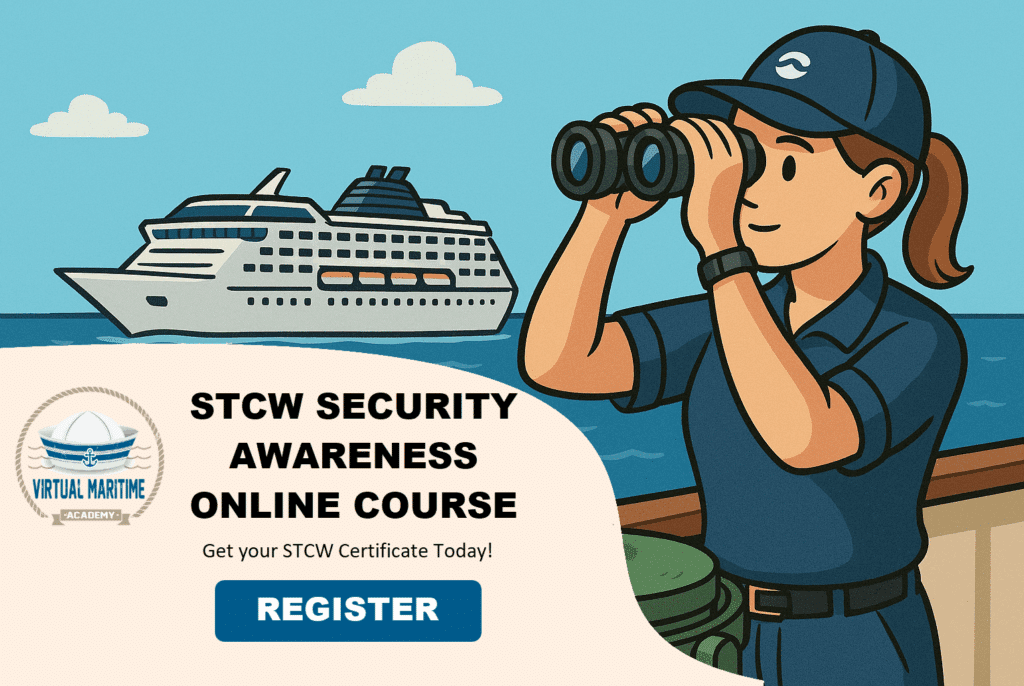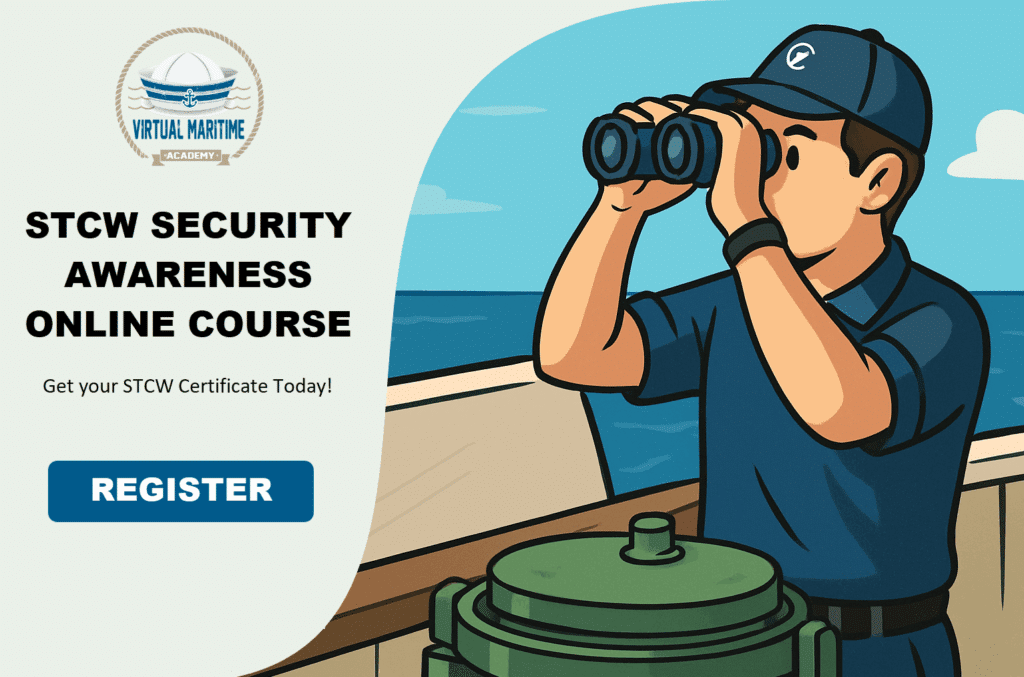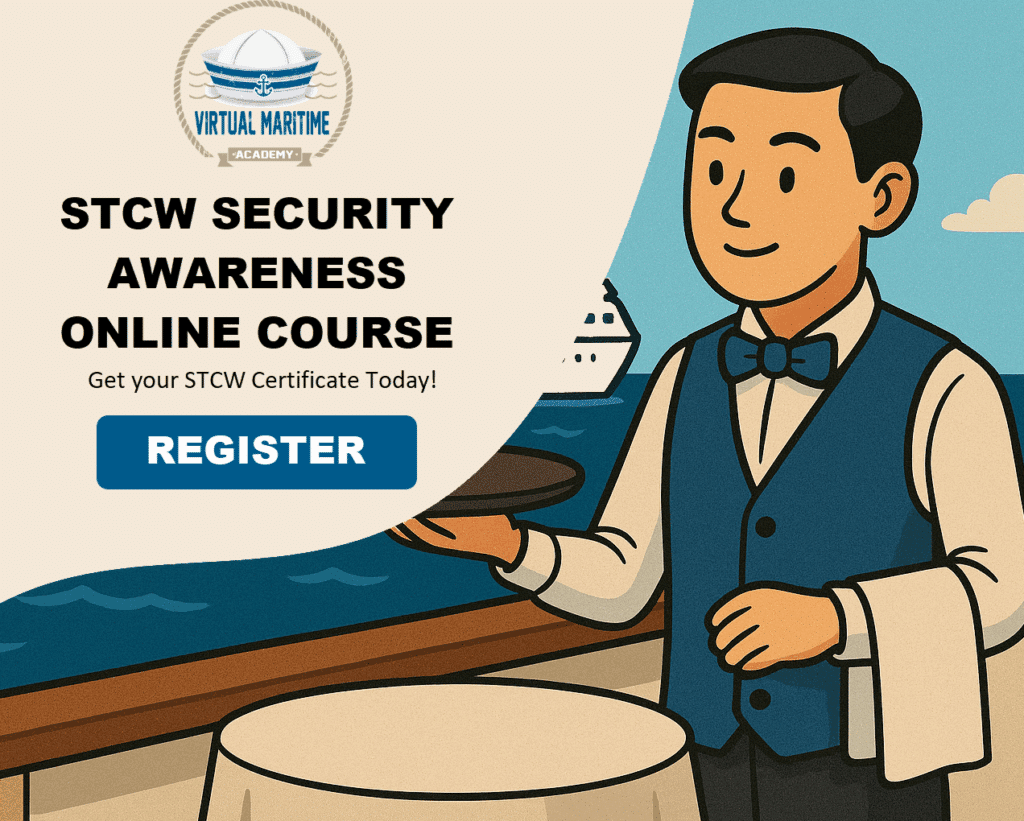Understanding Maritime Security Threats
The vast expanse of the world’s oceans has always been a critical route for international trade, navigation, and communication. However, this same vastness presents numerous security challenges. Maritime security threats range from piracy, smuggling, and human trafficking to terrorism and environmental crimes. These threats not only endanger lives but can also disrupt global trade, create geopolitical instability, and cause environmental disasters.
The Importance of a Proactive Approach
Reacting to maritime security threats after they have occurred can be costly and ineffective. A proactive approach, which involves anticipating risks and implementing measures to prevent them, is essential for safeguarding maritime interests. This approach requires a combination of intelligence gathering, technological advancements, and international cooperation.
Intelligence and Surveillance
One of the cornerstones of a proactive maritime security strategy is effective intelligence and surveillance. By gathering data on potential threats, governments and maritime organizations can anticipate and mitigate risks.
- Satellite Monitoring: Satellites offer a bird’s-eye view of global maritime activity. They can track the movement of ships, monitor suspicious activities, and identify illegal operations such as unregulated fishing or smuggling.
- Automatic Identification Systems (AIS): AIS allows ships to broadcast their identity, position, speed, and other data. Integrating AIS with shore-based radar and other monitoring systems helps to identify vessels that may pose a security threat.
- Human Intelligence: Information from crew members, ports, and other sources is invaluable. Training maritime personnel to report suspicious activities and investing in networks for information sharing enhance the overall security landscape.
Technological Advancements
Technology plays a significant role in creating a robust maritime security framework. Advancements in this field continue to enhance the ability to detect and respond to threats.
- Unmanned Aerial Vehicles (UAVs): Also known as drones, UAVs can conduct surveillance in areas that are difficult to reach, providing real-time data and imagery.
- Cybersecurity Measures: As maritime operations become more digitized, the risk of cyber-attacks increases. Protecting ship navigation systems, port operations, and communication networks from cyber threats is paramount.
- Autonomous Vessels: The development of autonomous ships equipped with advanced sensors and AI can reduce human error and enhance detection capabilities.
International Cooperation and Legal Frameworks
Maritime security is a global concern that necessitates international cooperation. Countries need to work together to create robust legal frameworks and collaborative efforts to combat maritime threats.
- International Maritime Organization (IMO): The IMO sets global standards for ship safety and security. Its regulations, such as the International Ship and Port Facility Security (ISPS) Code, are crucial for ensuring a unified approach to maritime security.
- Multilateral Agreements: Bilateral and multilateral agreements between countries foster information sharing, joint patrols, and coordinated responses to maritime threats.
- Regional Initiatives: Regional cooperation, such as the cooperative efforts seen in anti-piracy missions off the coast of Somalia, is essential in addressing localized threats effectively.
Training and Capacity Building
Investing in the training and capacity building of maritime personnel is critical for a proactive security approach. Providing seafarers, port authorities, and maritime law enforcement with the necessary skills and knowledge ensures a prompt and effective response to threats.
- Regular Drills and Exercises: Conducting regular training exercises prepares maritime personnel for real-world scenarios, improving their ability to respond to security incidents.
- Professional Development Programs: Continuous education and professional development for maritime workers ensure they are updated on the latest security protocols and technological advancements.
- Collaborative Workshops: Workshops involving international participants foster the exchange of best practices and enhance collective maritime security capabilities.
Public-Private Partnerships
Public-private partnerships play an essential role in strengthening maritime security. Collaboration between governments, private shipping companies, and port authorities leads to a comprehensive approach toward threat mitigation.
- Information Sharing: Sharing threat intelligence between public agencies and private entities helps to identify and address vulnerabilities swiftly.
- Security Investments: Investing in advanced security technologies and systems can be resource-intensive. Public-private initiatives enable sharing of costs and expertise for mutual benefits.
- Regulatory Compliance: By working with private stakeholders, governments can ensure adherence to international security standards and regulations.
Preparing for maritime security threats requires a multifaceted and proactive approach. Through intelligence gathering, technological advancements, international cooperation, training, and public-private partnerships, it is possible to mitigate the risks and ensure a safe and secure maritime environment. As the maritime domain continues to evolve, so too must our strategies for addressing its diverse and complex security challenges. Only through continuous vigilance and innovation can we safeguard the vital interests at sea.











